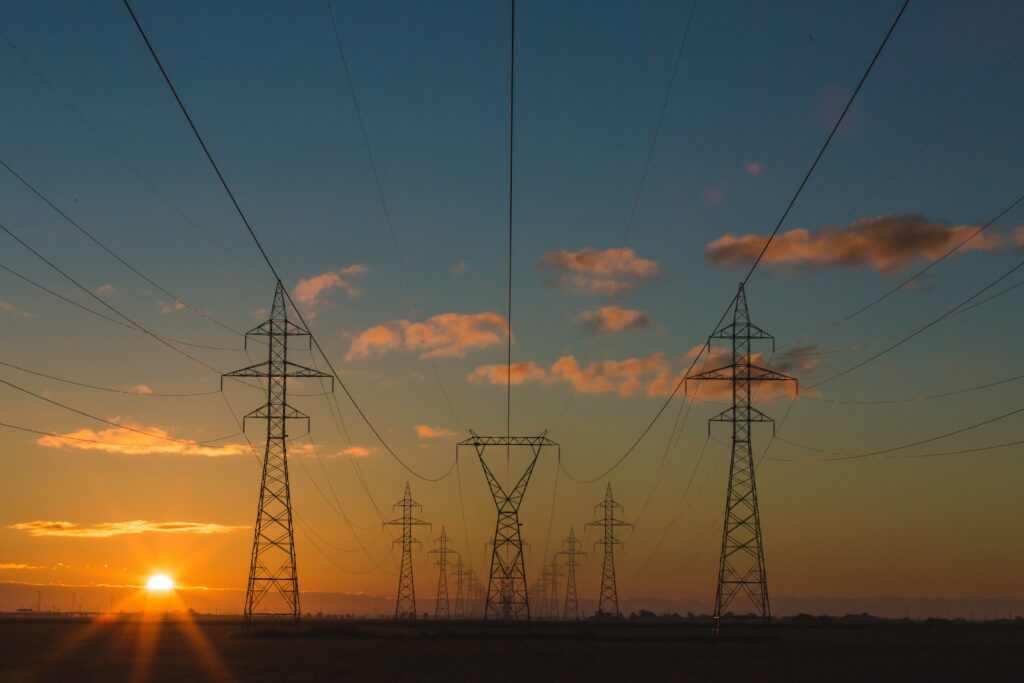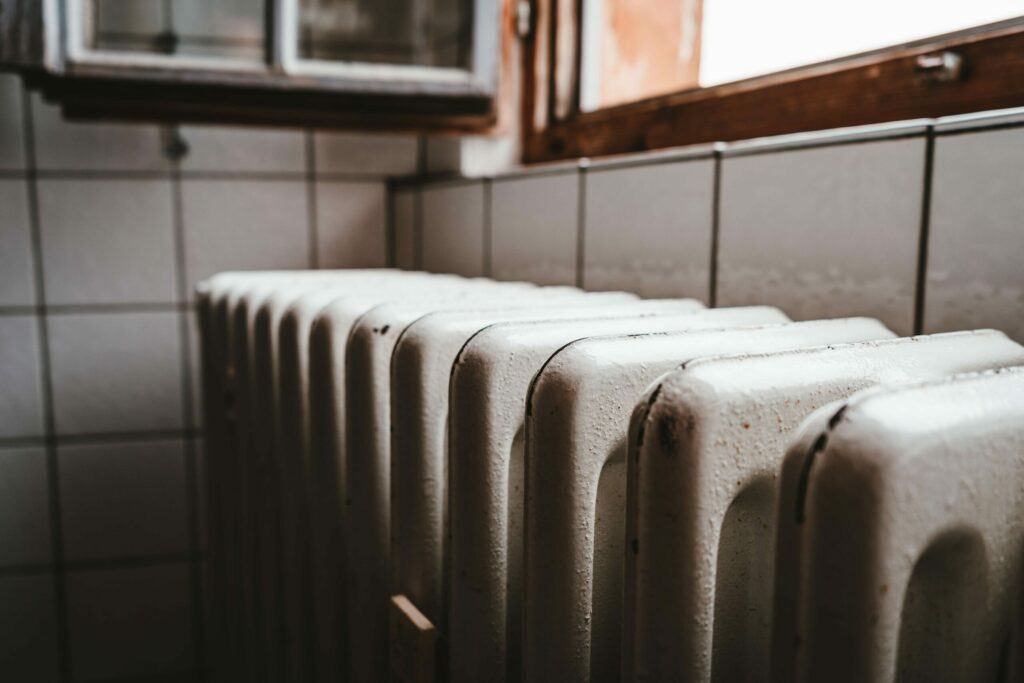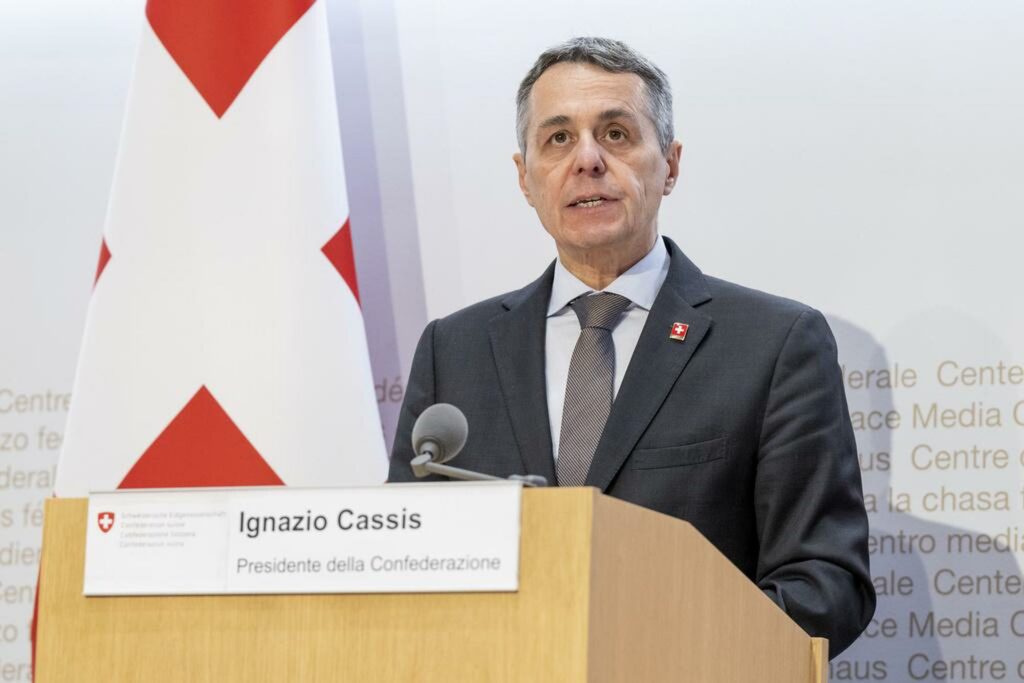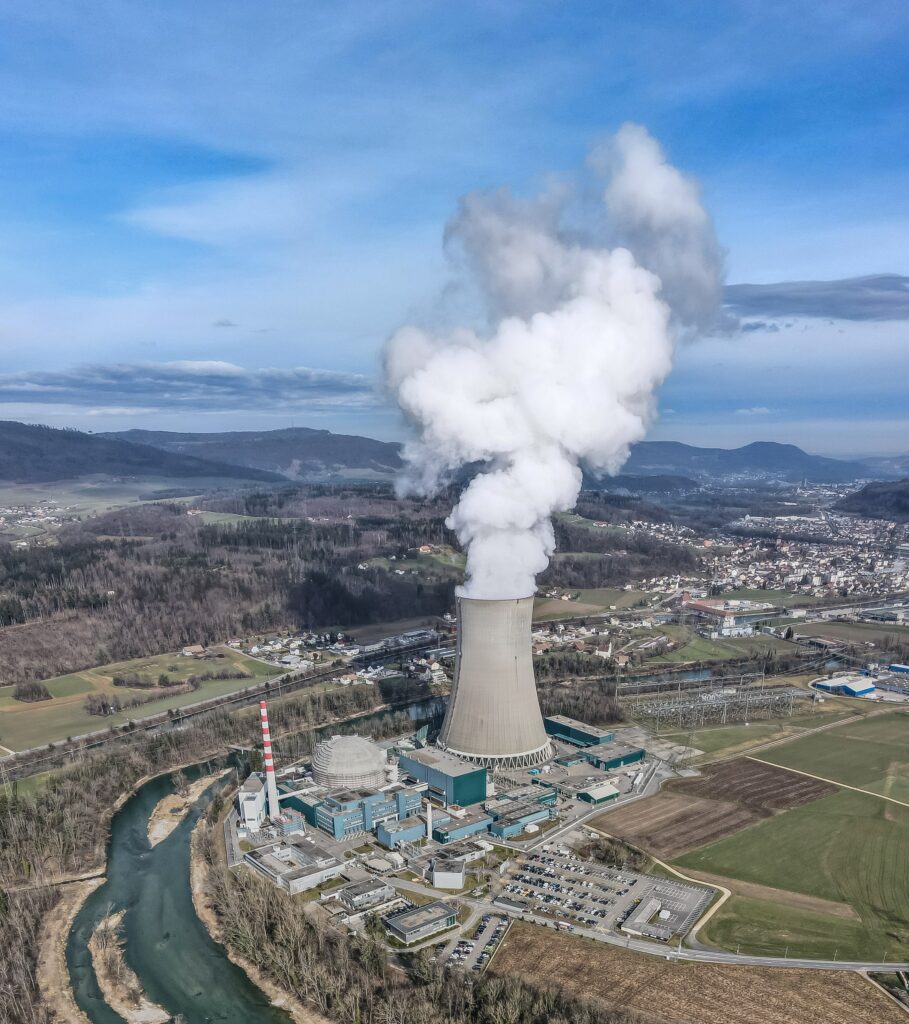jeu, Déc 15th 2022
Switzerland is better prepared than its European neighbors for the projected winter energy shortage, but still has a long way to go if it intends to meet certain goals the Swiss government announced in 2021.

Switzerland is self-sufficient in the summer months, but imports energy to meet its needs over the winter months.
As the war in Ukraine carries on, European anxiety over whether there will be enough energy and natural gas to make it through the winter continues to mount. Swiss residents should not worry about an energy shortage as much as their neighbors might need to, according to a newly released report.
Switzerland’s energy industry functions “significantly” more efficiently than other European countries’, according to the data collected by Credit Suisse. The Swiss economy only needs 1.6 terajoule of energy to generate nearly 1 million Swiss francs in value added, the Swiss researchers found. (About 12 mid-sized wind turbines can produce one terajoule in a day.) For context, that is less than 50% of what Germany requires and about 25% of Spain’s needs.
While the news is optimistic in terms of keeping the lights on in Swiss homes, it also means that Switzerland is not facing as steep a recession as projected for many of its neighbors.

Rumors that the Swiss government may enforce a home heating cap have been quashed for now.
The Swiss Federal Office of Energy recently launched a tool, the Energy Dashboard Switzerland, to gauge the country’s energy consumption. The federal dashboard provides data on energy consumption, production and how much is imported from other countries. The data is based on the previous 24 hours. The tool is meant to raise public awareness of energy supplies and encourages residents to adopt energy-conserving practices.
Although the tool won’t be fully up-to-date until January 2023, it currently rates Switzerland’s energy and natural gas supply at “tense,” but “guaranteed.” Meanwhile, the situation in France is rated “uncertain” as France has chosen to close a few of its nuclear energy plants in recent months. The dashboard rates the natural gas supply for all of Europe as “tight.”
That said, the data is still coming in and should be treated as incomplete for now, according to the dashboard director Matthias Galus.

More than one year before Russia invaded Ukraine, Swiss President Ignazio Cassis announced that the country had adopted an energy-reducing 2050 strategy.
Hours after Credit Suisse released its report, the Swiss Association of Electricity Companies (AES) published less-hopeful findings: Switzerland’s energy industry will need to become even more efficient to secure its supply and meet certain political goals by 2050.
The “Energy Future 2050” study, created in a partnership with Swiss Federal Laboratories for Materials Science and Technology, presents four different scenarios for how to achieve the energy and climate goals the Federal Council adopted in 2021. As it stands now, the Swiss energy industry must adopt more sustainable energy sources and transform its networks within Europe or it will fail to meet those metrics.
This transformation could include, among other things, working more closely with European neighbors and the EU on increasing the efficiency of energy exchanges on the continent, according to the report.

The Kernkraftwerke nuclear plant in Switzerland produces a large percentage of energy for the country.
A group of Swiss politicians, called ‘Stop Blackouts,’ says that a lot of anxiety could be avoided if the government would quash a 2017 decision to close all five of its nuclear reactors. The 2017 decision to move away from nuclear energy was driven by safety concerns following the 2011 nuclear disaster in Fukushima, Japan. One reactor has already been shut down.
The group is petitioning the government to overturn this decision and change the Swiss constitution so that the federal government would be officially responsible for ensuring the country’s energy supply through “any form of climate-friendly electricity generation.”
“Until recently, Switzerland had safe and virtually CO₂-free electricity production: the environmentally and climate-friendly combination of hydro and nuclear power is to be abandoned for no reason at all,” reads the Stop Blackouts website.
Stop Blackouts is aiming to collect 100,000 signatures from Swiss supporters, so that they will be able to get the issue on a voter referendum, under Switzerland’s direct democracy law. Even if the voter referendum is passed in a popular vote, it could take months, or even years, for the government to implement the plan.
Cet article peut être librement partagé et réimprimé, à condition qu'il renvoie clairement à l'article original.
